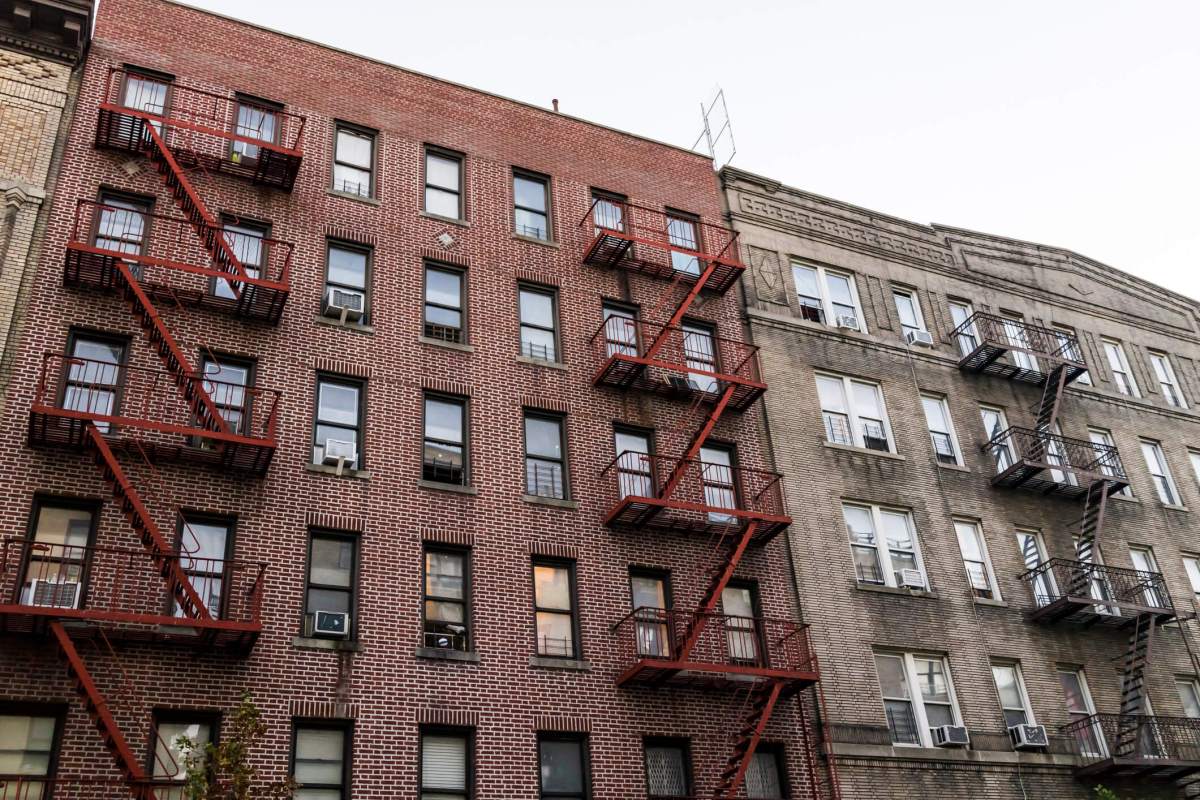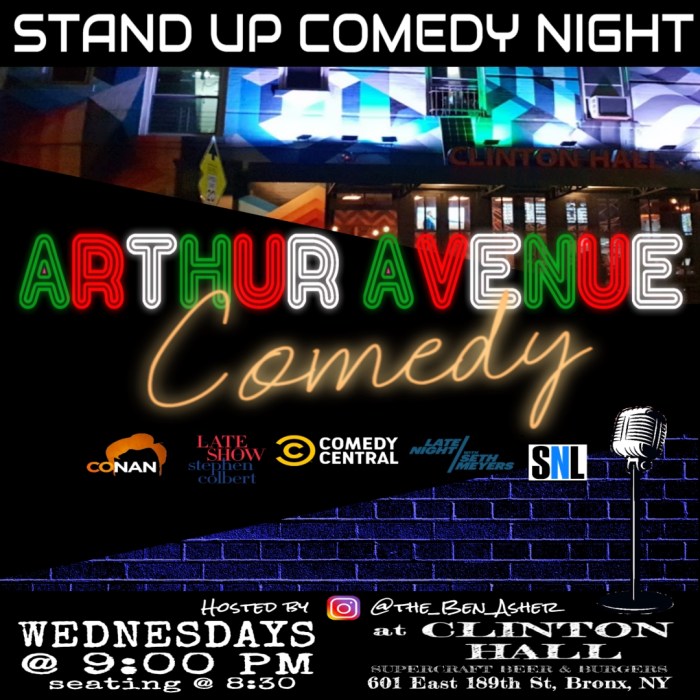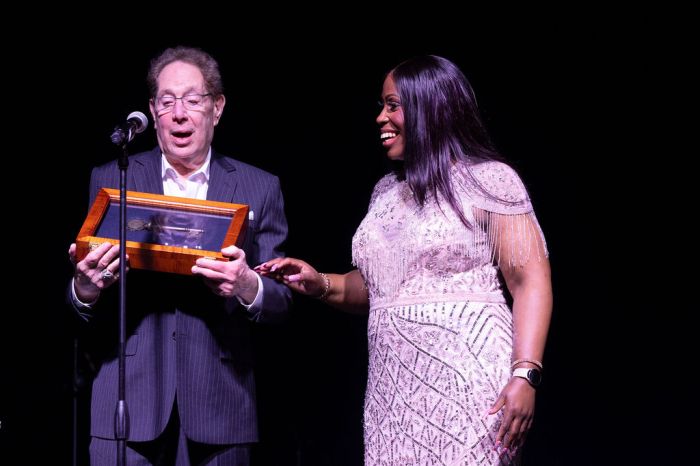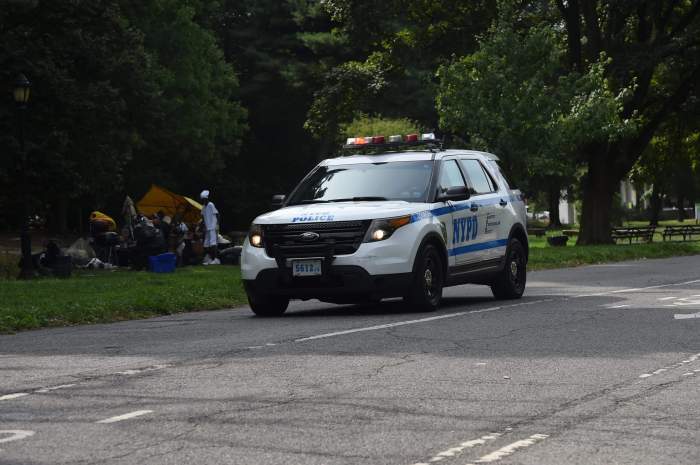Hello my Bronx people, Pierina Sanchez, councilmember for District 14 here. We are back again with “Sanchez Te Cuenta” (Sanchez informs you), my column where, inspired by the everyday concerns of my constituents, I write about the issues impacting our city, from the perspective of a Bronx born and raised urban planner and legislator.
Last month, we spoke about the Rent Guidelines Board, and the potential rent hikes for one million households citywide and more than 200,000 households in the Bronx. Against many protests, including my own, the Rent Guidelines Board has since voted on one of the largest increases in rent in a decade: 3.25% for one-year renewals and 5% for two-year renewals. While this is devastating news, we fight to empower our neighbors with the support needed to remain stable.
Today, we discuss a topic many of us know well: CityFHEPs vouchers. I choose to talk about this because of the distressing trend within my own community, which is “source of income discrimination.” Let’s take this from the top: follow me, in Sanchez Te Cuenta!
Around late October 2018, the city was administering roughly seven different rental subsidy programs. To streamline these programs and make them more accessible to New Yorkers, the City Council created the singular Family Homelessness & Eviction Prevention Supplement (FHEPS) program. In the year after this important piece of legislation was enacted, our communities had feedback: landlords were not accepting their vouchers. Sounds familiar? I know.
Landlords, property owners and even brokers are notorious for declining applicants for apartments simply because the prospective residents would pay their rent through vouchers, whether CityFHEPs or Section 8. In my own community, constituents have been coming to me increasingly lately, sharing that one landlord after the next has refused to accept their vouchers. In fact, some have visited my office asking, “Do you have a list of landlords who accept vouchers?”
When anyone refuses to accept rental vouchers, this is called source of income (SOI) discrimination. SOI discrimination can also look like landlords raising the advertised rent once you have applied, incessant requirement for proof of a job even with the vouchers, showing you a lower quality apartment upon finding out you have vouchers or even denying to include your social security income when determining your eligibility for an apartment. Just recently, I had to make personal calls to a certain management company, asserting their actions against my constituent is discriminatory, and threatening to file a complaint. If any of this relates to you, my Bronx people, just know this city and state have mechanisms to hold these egregious actors accountable.
The city, state and federal governments protect us from and prosecutes against source of income discrimination in rental markets. These are civil rights laws stemming from the Lawful Source of Income Non-Discrimination Act of 2019.
Thanks to the amazing advocacy of the City Council in this year’s budget negotiations, the city has reinstated its Source of Income Unit at the Commission on Human Rights, which means that through the Citizens Commission on Human Rights (CCHR), you can file a complaint and report anyone who denies your vouchers or partakes in SOI discrimination. Additionally, you can file a complaint with both the New York State Attorney General’s Office and the New York State Division of Human Rights.
If you need help with filling out a complaint, you should reach out to your local councilmember. Not sure who it is? Call 311 or visit the council website www.council.nyc.gov/districts and input your home address.
CityFHEPs vouchers actually come with some great incentives for property owners, such as receiving the first four months’ rent in full up front, a 15% broker reimbursement and more. If you are a landlord or broker, please contact a Home Support Specialist with the Public Engagement Unit at 929-221-0047 or visit http://nyc.gov/homesupportunit to discuss how you can lease apartments with rental assistance programs.
Questions from Constituents:
You can send in your questions to district14@council.nyc.gov for a chance for us to respond and publish anonymously. When in doubt, Sanchez te Cuenta!
What if I am unsure if I am being discriminated against?
It is sometimes hard to tell, but, if you have to ask, it likely is. I encourage you even more to reach out to the entities above or call your councilmember.
What if my landlord says I have to pay extra money?
Your landlord cannot ask you to pay more than the difference between the rent and what HRA is paying. This is also illegal and you should report it immediately.
























